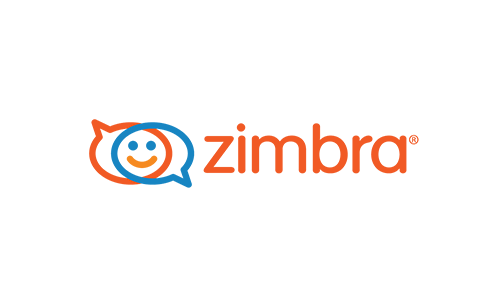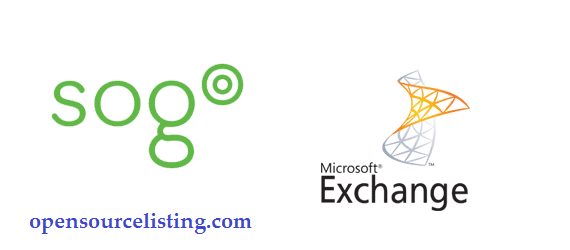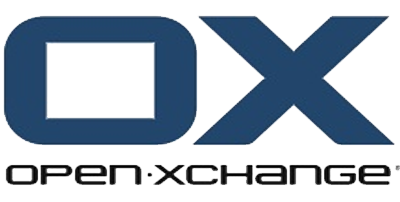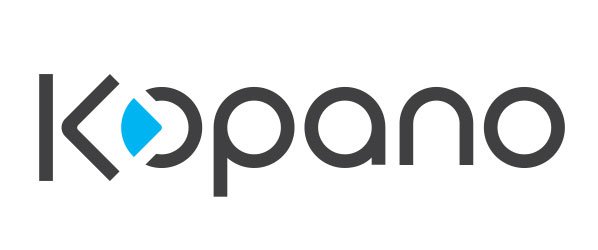Alternatives to Microsoft Exchange in 2023
Without breaking the bank, open source alternatives to Microsoft Exchange can provide you with greater flexibility and customization options for your email hosting. In comparison to proprietary email hosting servers like Microsoft Exchange, they do, however, necessitate a significant level of technical experience and work to manage. Consider the best possibilities and compare them to your email hosting needs to ensure that the benefits of open source solutions exceed the price.
Zimbra
Zimbra is a feature-rich open source email server with a slew of commercial add-ons. It comes with all of the standard productivity tools:
- File sharing via email
- Management of contacts
- Management of the calendar and schedule
- Messages sent instantly
Buddy lists, status management, emoji compatibility, and connectivity with external calendar and mail accounts are just a few of Zimbra’s competitive features. The Zimbra web and desktop applications, as well as mobile apps for iOS and Android devices, are all available. This software is available in three versions: a free edition, a premium managed service, and a licensed on-premises installation.

SOGo
SOGo is a completely free product to use under the General Public License, unlike some of the other suppliers on this list (GPL). This means you won’t have to spend a single license price to develop a personalized, branded email environment.
Furthermore, SOGo was designed for scalability; a single SOGo server can support thousands of users, making it simple to add new users to your email server as your company grows. SOGo is compatible with most major email clients; however it was built exclusively for Mozilla Thunderbird.

Open-Xchange
The user interface of Open-Xchange (also known as the OX App Suite) is the cleanest of all the email hosting solutions on this list. Its functionality and pricing are geared toward mid- to large-sized businesses, although the web-based UI and navigation are comparable to Microsoft Exchange or Office 365.
All of the email fundamentals are included in the OX App Suite, as well as paid add-ons like collaboration apps, file transferring, and anti-malware security. Many web hosting and internet service providers utilize Open-Xchange as the foundation for their email hosting services, so if you have the resources to set it up and manage it, it may be a powerful tool.

Kopano ONE
Kopano ONE is a self-hosted email and calendaring server designed primarily for small and medium-sized businesses. It’s designed for environments with less than 250 people and may be used with any operating system or browser.
The Kopano Groupware as a whole is built on the now-defunct Zarafa open source software, which was included in the Fedora Linux operating system and had native Outlook integration. As a result, Kopano ONE can be used alongside Office 365 applications without the need for an Exchange server.

Citadel
Citadel is an all-in-one messaging and collaboration server for Unix-based operating systems such as Linux, BSD, Solaris, and others. Email, calendaring for groups, shared contacts, a mail list server, instant messaging, public folders, and mobile device compatibility are all included. Citadel includes Web access and local clients, as well as a distributed installation across numerous servers for scaling and high availability.
It’s simple to use, and many deployments may be completed in under an hour. However, one of the most appealing aspects of Citadel is that it is fully unregulated. This means that if you know how to write and configure Citadel, you can edit the source code to add any feature or customization you wish.

Open Source Time vs Cost
The technologies on this list are less expensive and more powerful than Microsoft Exchange, but they take a lot of time and work to keep up with. One of these solutions may meet your needs if you want to control your email data or customize your hosting capabilities and can afford to maintain an email server on your own.
Popular email platforms like Exchange and Gmail, on the other hand, are usually easier to manage. They have a larger price tag, but you won’t have to worry about the ins and outs of email server upkeep. Finally, you must decide whether you can afford to invest extra time or money in an email hosting service.













